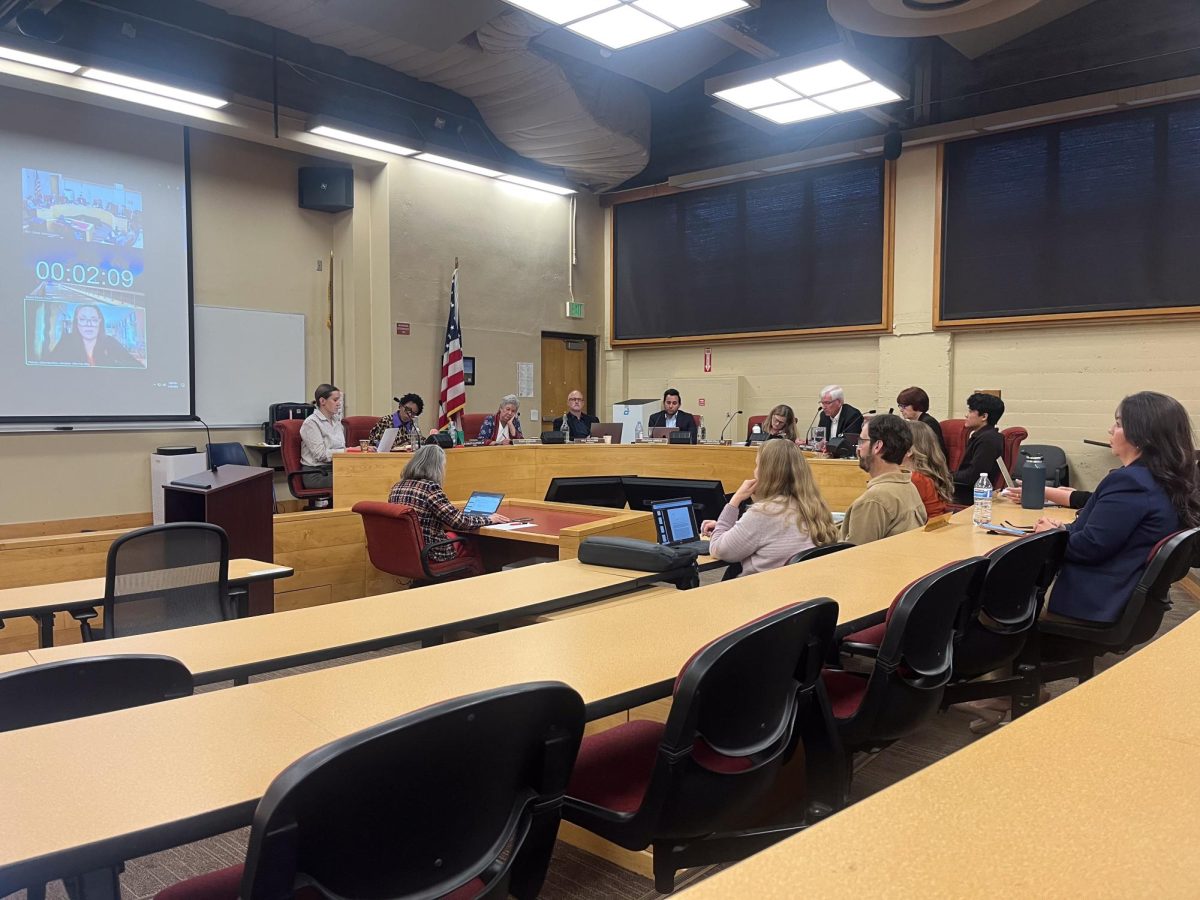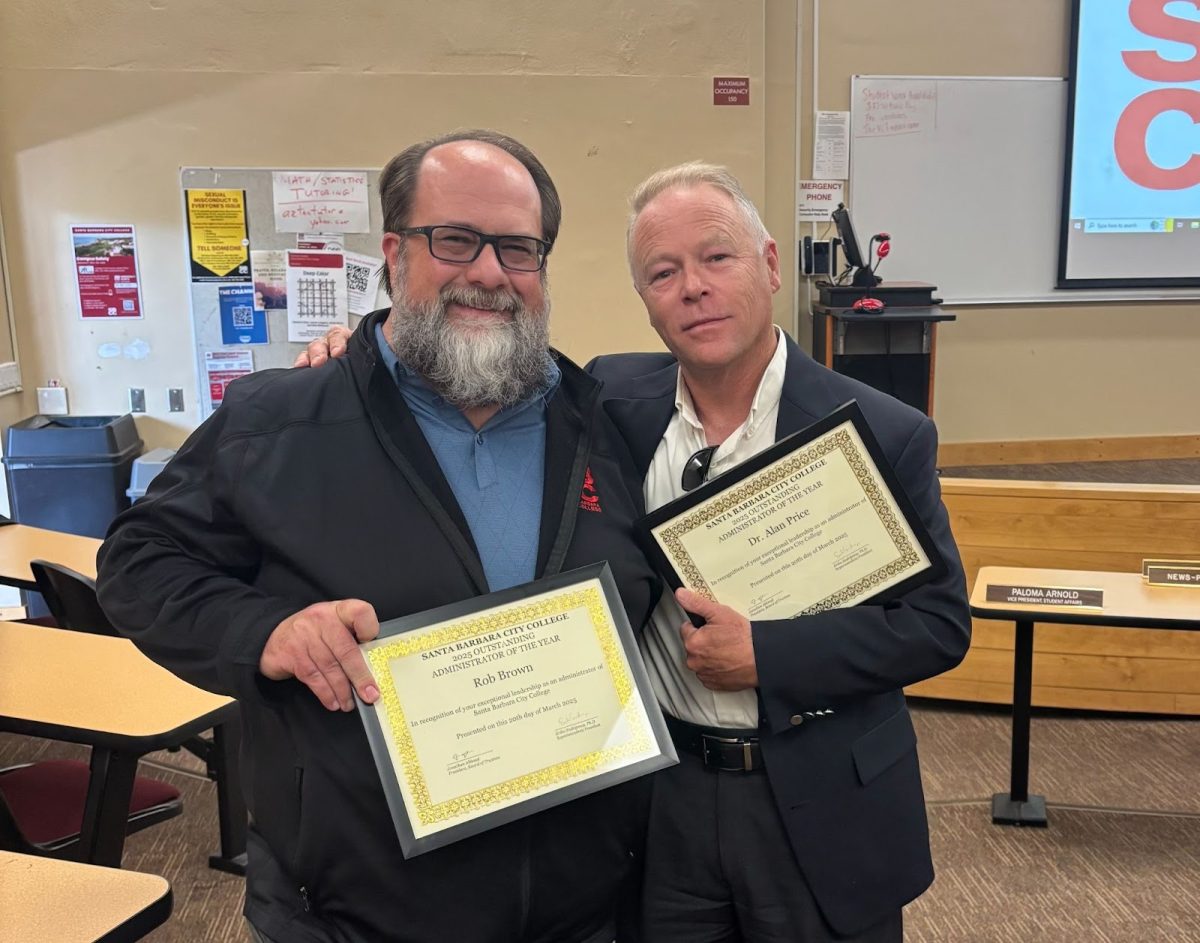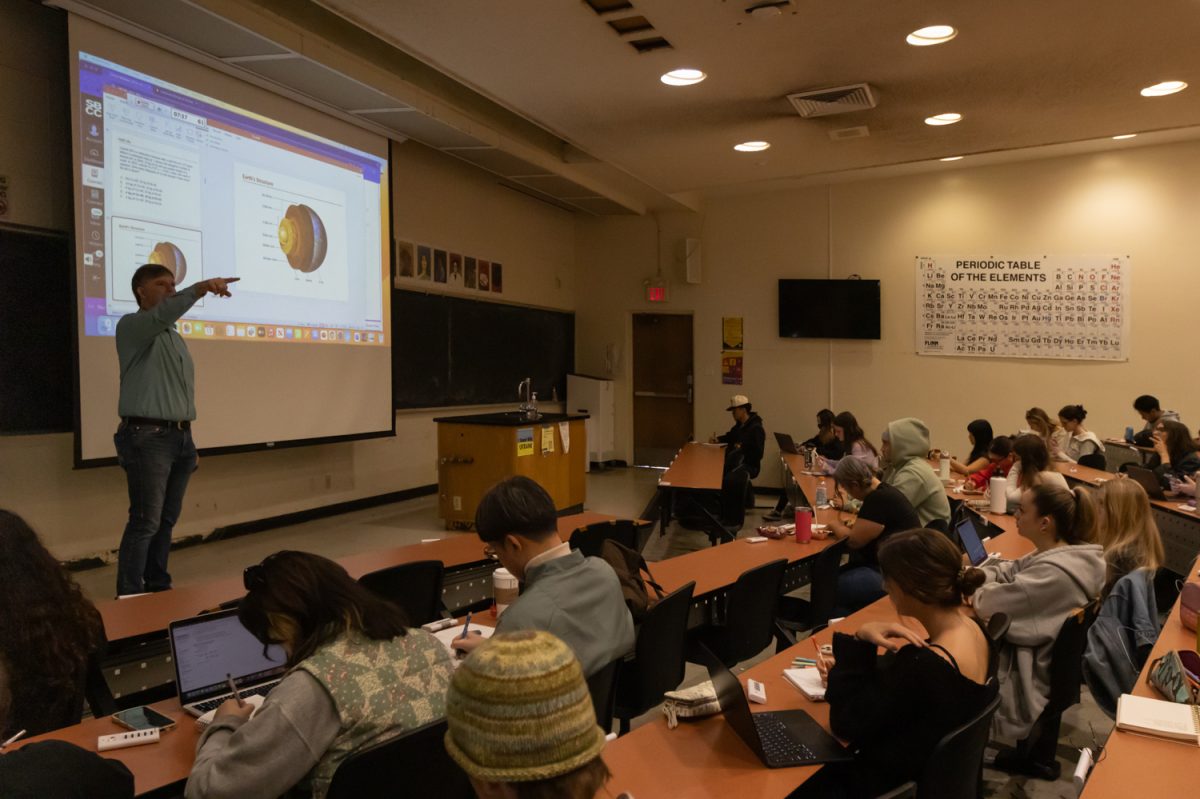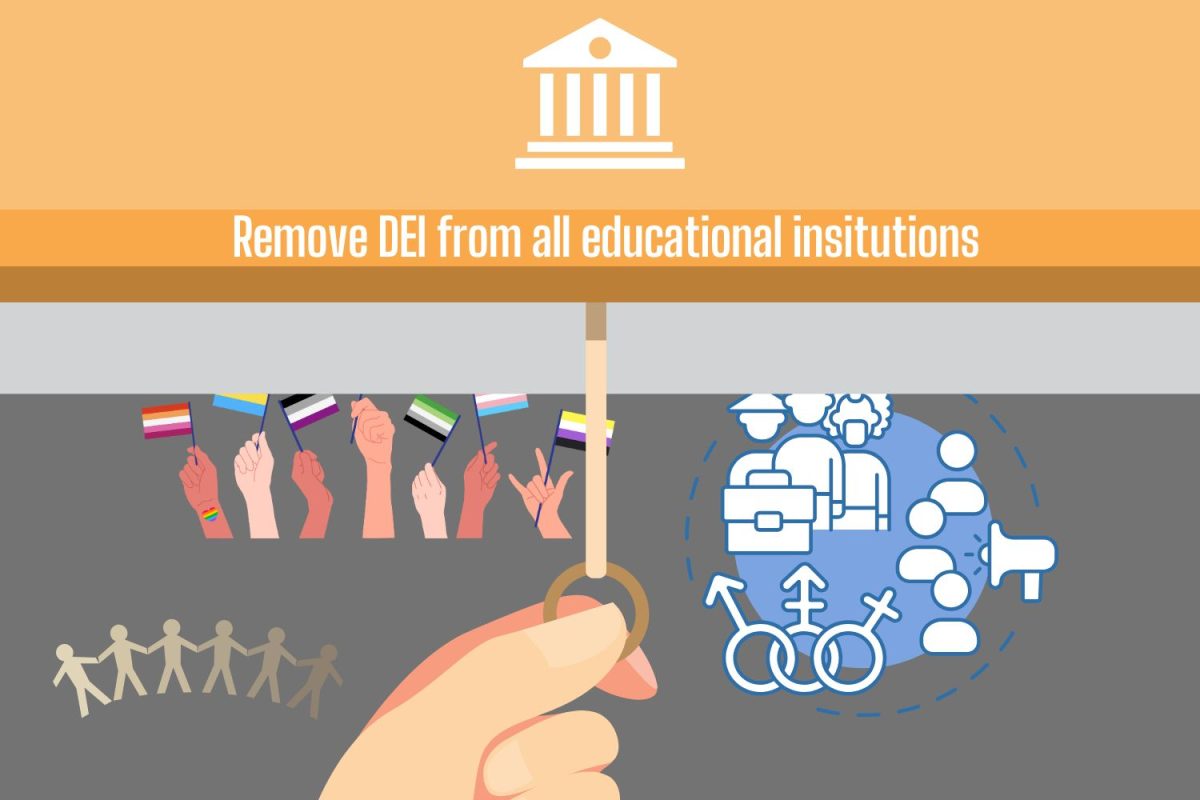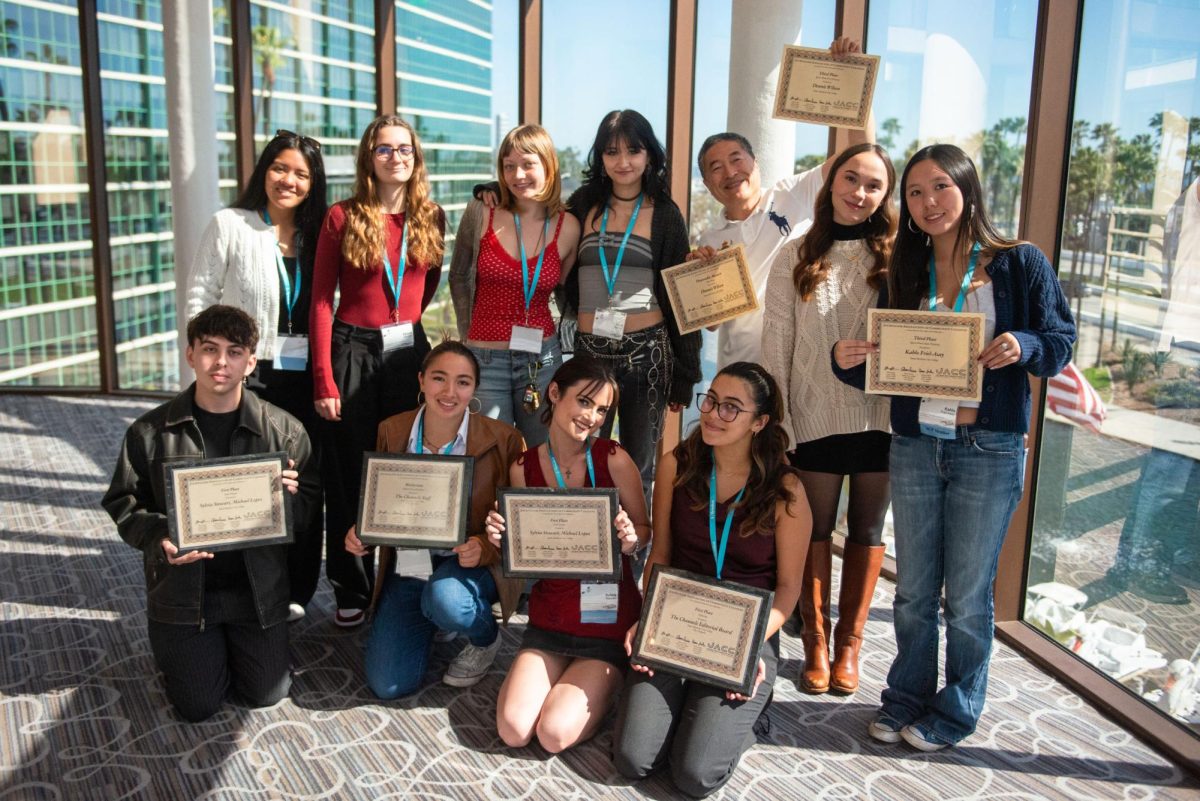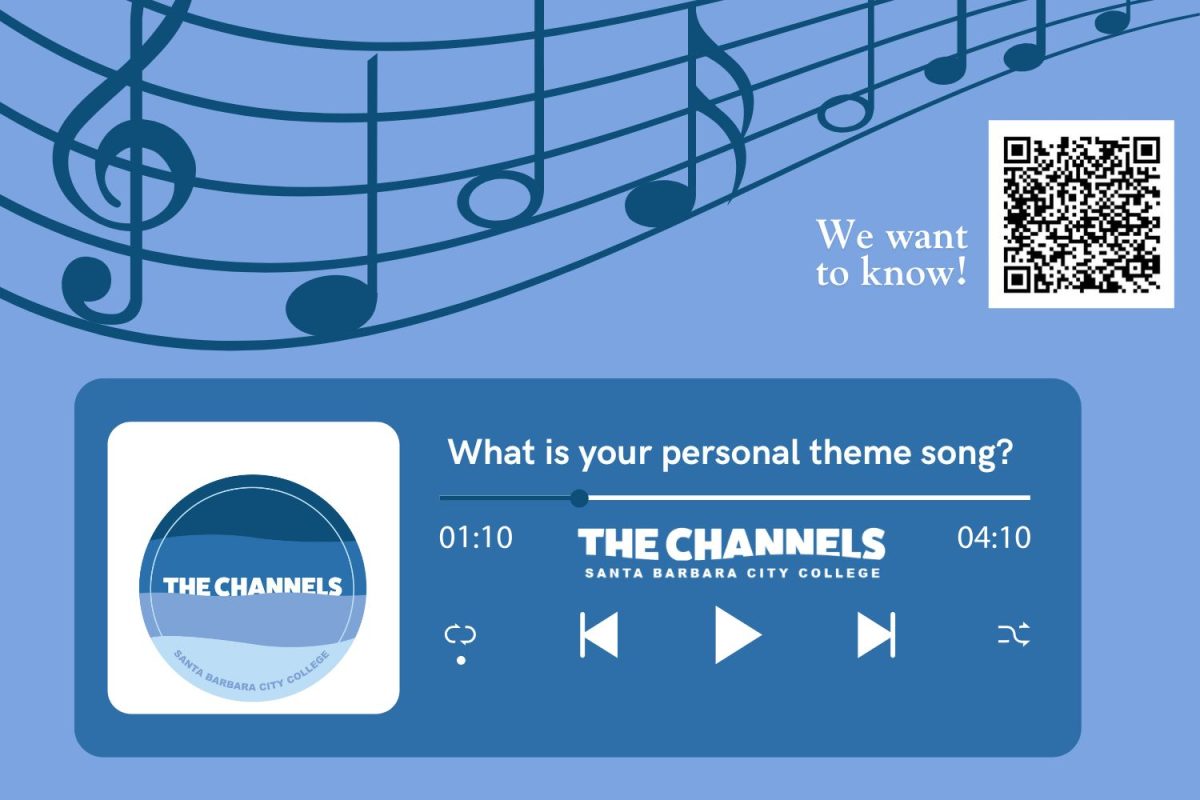Concerns conflict with excitement as City College professors and the campus store alike prepare for Follett, a textbook publisher and education material distribution company, to take over textbook sales for the Spring 2024 semester.
Paul Miller, director of auxiliary services, characterized the agreement as a “win-win scenario,” in which City College professors got to take advantage of Follett’s wider range of immediately available materials while the campus store still maintains a degree of independence.
“I am still responsible for everything that’s not an actual textbook,” he said. “So like, if you take an art class, and there’s a required art kit, that’s ours still.”
Miller expressed hopes that hiring Follett to take on the labor of sourcing and procuring textbooks will allow him to focus on other auxiliary services at City College like food services, merchandising, and event rentals.
Given that the Follett Higher Education Group specializes in textbooks, he also felt that this deal would benefit teachers, who would be dealing directly with a publisher when selecting their texts for courses.
Despite Miller’s optimism, teachers have been the major source of backlash surrounding the school’s decision to enter into an agreement with Follett. Various faculty and staff members have raised concerns about options regarding inclusive access, open educational resources and the exclusion of staff input during contract negotiations.
As the spring semester and Follett’s incorporation into City College’s economy draw nearer, here’s what to know about the situation.
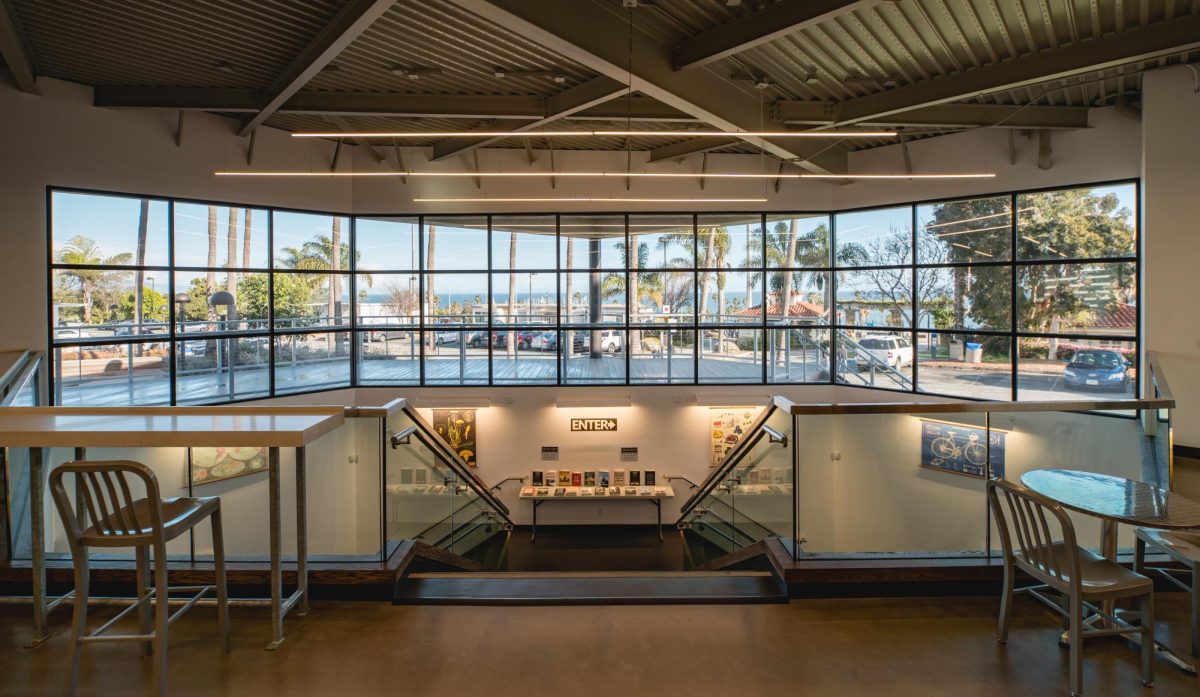
What is Follett?
According to an article in the January 2023 Library Technology Newsletter, the Follett Corporation truly began in 1912 when Charles Follett became a major shareholder and vice president of the wholesale schoolbook distributor C.M Barnes-Wilcox Company. Within a year of William Barnes–who went on to fund Barnes and Noble–leaving the company, Follett assumed leadership and renamed the company yet again, this time to the J. W. Wilcox & Follett Company.
The Follett company remained in the hands of the Follett family for over a century, and many of Charles Follett’s descendants hold top executive positions in the current Follett Corporation.
In 2021, however, the parent company sold Follett Higher Education, City College’s new provider of textbooks, to Jefferson River Capital, a private equity firm owned by the James family of Blackstone Group infamy. At the time of the sale, Jefferson River Capital president Dave Wittell indicated a commitment to keeping prices for textbooks relatively low for students.
“The cost of higher education has been growing at far too fast a rate in the US and Canada over the past few decades,” he said in a Feb. 2, 2022 press release. “We are very supportive and appreciative of Follett’s role in lowering the cost of course materials and in doing so have widespread impact on the affordability of higher education for students and families.”
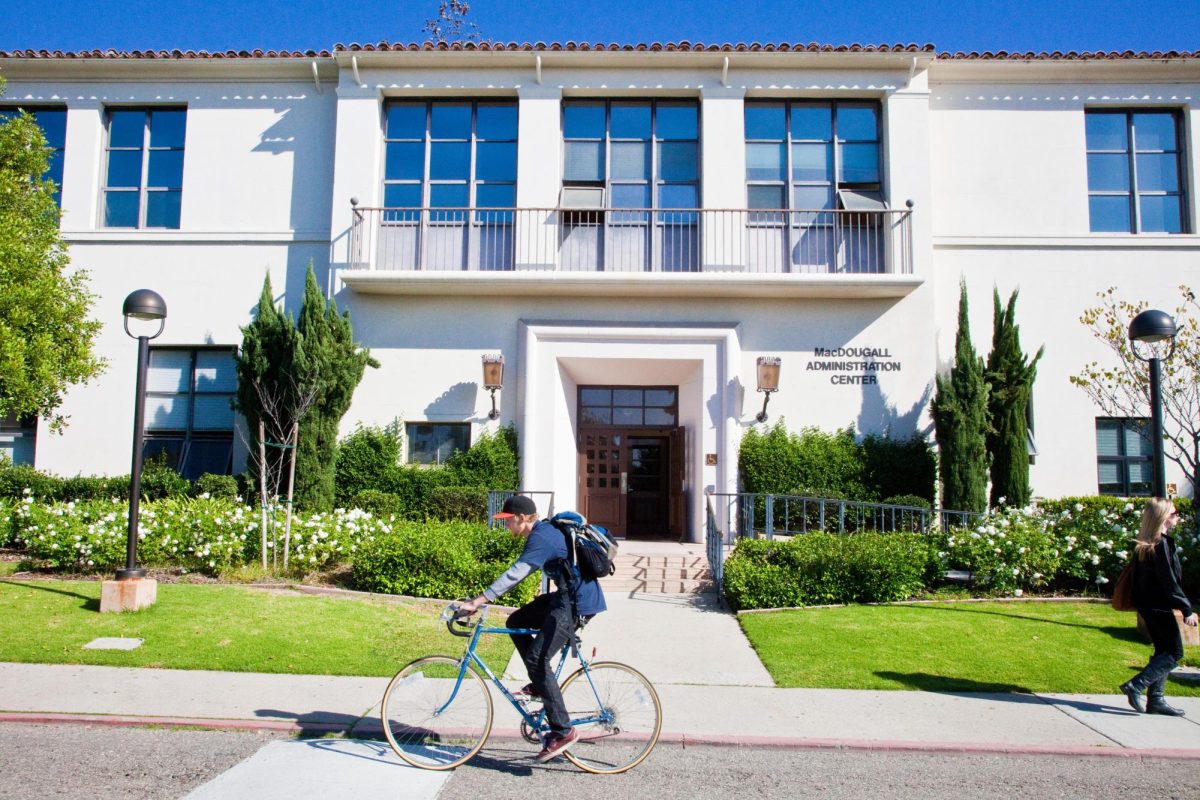
What did City College agree to?
On Nov. 1, Brian Fahnestock, interim assistant superintendent vice president of business services, and Ryan Petersen, president of Follett Higher Education Group, LLC, signed the operation agreement between Follett and City College. The agreement lasts from Dec. 1 until June 30, 2028, so long as neither party chooses to terminate it.
While the current employees in the course materials section of the store will continue to work for City College, Follett will reimburse their salaries to the school. Any new employees in this section will work for Follett, though the school may participate in some hiring screenings.
Follett will pay $25,000 after integrating the ConnectOnce electronic trading system into school networks. It will use up to a further $25,000 to remodel the course materials area of the store.
“We’re going to add in more seating, more study areas, it’s just going to grow exponentially here,” Miller said.
City College will receive 9.75% of sales from print books, but 11% of any sales over $4,000,000 per year. The school will also receive 5% of sales from digital materials, like inclusive access books, which are books linked in a class that students can highlight, interact with, and complete homework in.
“Inclusive access right now is going to be exactly the same as it is: Vitalsource,” the director of auxiliary services Miller said. “It may change–no it will change–to Redshell, it’s called, and in my opinion it’s a better software system for it, but inclusive access will always be something that’s available here…it’s just they way the industry’s going.”
Why was this agreement made?
City College Librarian Corrie Bott had one big question about the agreement made with Follett.
“What exactly does City College get out of it?” she asked.
Director Miller emphasized that this was a business decision made to reduce the school’s budgetary spending in the book department.
“For us, the labor is super super expensive on this college, and we’re also buying the majority of the textbooks at a higher price, and so the turnaround is producing a net line that is red,” Miller said. He joked that he no longer liked the color red, due to having seen it for so many years in the bookstore’s accounting spreadsheets. Follett, he says, provides a solution.
“It’s going to give me a positive net line, which will enable us to be more creative, and build, like, a hub,” he said.
Miller is correct to envision a positive net line. If in a year, Follett makes less than $2,307,692.31 in sales, providing City College with a commission of $225,000, they have agreed to pay City College 90% of the previous year’s commission. Having a guaranteed source of income can help to alleviate the ongoing budget crisis City College is experiencing.
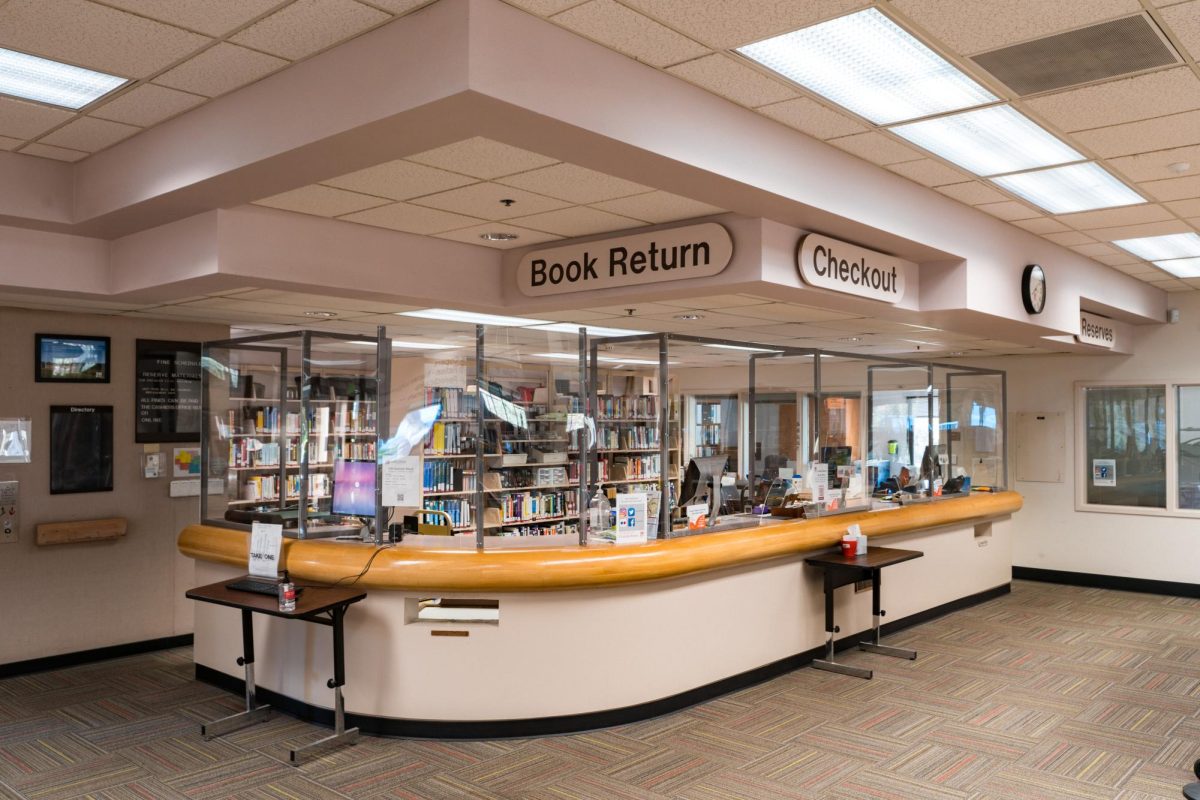
How will this agreement impact teachers and students?
The immediate impact of this deal will be seen in textbook selection as well as purchasing. Teachers will use the Follett system to select books rather than contacting the bookstore directly.
“If you go into the system and buy a textbook, if we don’t have it, it scans all of their stores and ships it here…that’ll potentially lower the prices for some subjects, because they already own the book,” Miller said. “They say between 60 and 80% of the books that are adopted typically are owned by them, and then if they can’t find it they go to the wholesalers that we’ve been going to all along.”
While Follett will almost certainly be able to spend less on books, there is no guarantee that prices will be lowered for students. The Blackstone Group, which Jefferson River Capital invests on behalf of, is notorious for price gouging in real estate, its main sector of investment.
Teachers will still, however, be able to assign books from Follett’s catalog of Open Educational Resources, or OER.
“Those are basically online textbooks that have been published by faculty or by other writers that are openly available, anyone can use them, and if they license them truly openly, faculty can take that and redo it for their own course,” Bott explained. “It’s free. It’s online. It’s also available first day of class, and a lot of OER platforms will offer print versions at a massively reduced cost.”
The librarian acknowledged Follett’s OER resources, calling them “great,” but remained concerned.
“My concern is that Follett isn’t going to make a profit from OER, because they’re free, so I wonder how much effort they’re actually putting into making sure there’s the full coverage of what OER has.”
Miller disagreed strongly with Bott’s point of view. The director pointed out that Follett had indeed dedicated time and resources to OER.
“One of their employees just focuses on OER, and academic senate and student senate engagement,” he said. “So they go to all the meetings, find out what people want, what needs they have, problems, and they work on focusing on getting those set.” Miller further said that due to printing costs, OER is often not truly free.
Bott also mentioned concerns about inclusive access books.
“If you have one of those classes, in Canvas, the book’s already available to you,” she said. “You can opt out if you don’t wish to purchase it, but if you don’t opt out, you will be automatically charged for that textbook.”
“It’s not automatic billing,” Miller said, disagreeing. He explained that teachers were given very specific language to use to explain to students that they could only use the inclusive access texts freely until the drop date, and that after that, they would be charged.
Bott expressed further concerns about students who may want to continue a course after the drop date without buying an inclusive access text.
“The problem is, if students can’t afford that textbook, and they opt out, there’s no other option for them to have a textbook for the course,” the librarian said.
Previously, the library has worked with teachers to create a number of work-arounds for students in these circumstances, but this will be more difficult with Follett at the head.
“These publishers do not work with libraries,” she said. “They want their money for the book, so we can’t do anything about it.”
Now, the library is using a system called “controlled digital lending” in order to provide access to students. In this, they buy print copies of books, scan each copy, and make that scanned copy available to students for digital use. This acts as a legal way to provide resources to students who otherwise cannot access them online.
“Print textbooks we can alway get, buy online textbooks, the publishers don’t work with us,” Bott said. She worries that even in providing this, students who opt out of inclusive access will be unable to complete homework.
“It’s tough,” she said.



